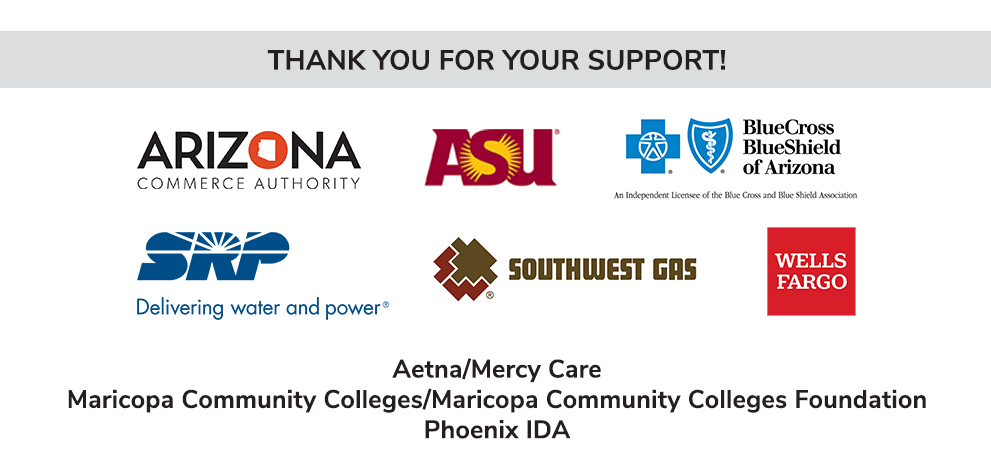Chamber Update: Preventive Measures with COVID-19
Keeping businesses informed is a top priority for the Greater Phoenix Chamber. With all of the recent developments regarding COVID-19, the disease caused by the coronavirus, we developed a resource page to provide continuous updates and resources to keep your organizations informed and prepared. We are monitoring the situation through the Center for Disease Control (CDC) and the World Health Organization (WHO) and will continue to communicate with our members and the community as it evolves. This page will be updated with new and relevant resources as they become available.
On March 23, the Greater Phoenix Chamber launched a business resource page. Access that page here >
On April 13, the Chamber launched the Business in Focus webinar series, which will feature accessible, interactive webinars where business owners and professionals can learn information vital to the success of their business and gain insights on key issues to help them stay ahead of the curve. To date, the Chamber has hosted more than ten informative webinars to help businesses during this challenging time.
General Information about COVID-19
It is important to rely on authoritative sources for information regarding COVID-19. The Center for Disease Control (CDC) and World Health Organization (WHO) are great resources for up to date information on COVID-19. The CDC offers information on how Coronavirus Disease (COVID-19) spreads, symptoms, prevention and treatment, what to do if you are sick, and frequently asked questions, including printable fliers.
About Coronavirus Disease 2019 (COVID-19)
Local Impact of COVID-19
Community Alert: The Arizona Department of Health Services (AZDHS) recommends that individuals engaging in essential activities should consider wearing non-medical cloth face coverings in public settings where other physical distancing measures are difficult to maintain.
On March 11, Governor Doug Ducey declared a state of emergency for Arizona. Since then, Arizona has also taken other key measures to limit the spread of COVID-19.
On March 30, the Governor issued an executive order implementing a “stay-at-home” order for all individuals not working in an industry considered to be an “essential service.”
Specifically, per the Centers for Disease Control (CDC), the Department of Health Services recommends that businesses and people cancel or postpone events and social gatherings with 10 people or more. Additionally, the state of Arizona has closed public schools through the end of the current school year. The Governor has also requested that all restaurants in counties with confirmed cases provide dine-out only options, and has requested that all bars, movie theatres, and gyms close.
On April 3, Governor Ducey provided additional guidance on essential services that would remain open during the “stay-at-home” order. Additionally, on April 6, Governor Ducey issued an executive order halting evictions in the state for small businesses and nonprofits that are unable to pay rent due to financial hardship caused by the COVID-19 pandemic. Under the order, evictions will be halted until May 31, 2020.
Governor Doug Ducey announced that Arizona meets the criteria for Phase 1 of reopening per the guidelines from the Centers for Disease Control (CDC).
Arizona’s modified stay-at-home order expired on Friday, May 15. The Governor’s office released several guidances for businesses for reopening. View those here.
As of May 26, Arizona had more than 16,500 confirmed cases of COVID-19.
Watch the most recent update from Governor Ducey >
National Impact of COVID-19
Across the nation, states are taking proactive steps to mitigate the spread of COVID-19. From school and restaurant closures to asking members of the public to practice “social distancing,” the realities of COVID-19 are impacting day-to-day life for all U.S. residents.
On March 13, President Donald Trump declared a state of emergency for the nation. In the days since that announcement, the CDC has urged members of the public to avoid large events and social gatherings with more than 50 people.
To date, the virus is present in 50 states in the nation. View detailed spread information here.
A snapshot of the national economic impact of COVID-19 has been put together by the U.S. Chamber of Commerce.
On a national scale, federal lawmakers are developing a package to provide support to businesses, workers, and students during this time. The U.S. Chamber of Commerce has developed a comprehensive update of that package.
Access the U.S. Chamber of Commerce’s Coronavirus Response Toolkit >
Global Impact of COVID-19
John Hopkins University has created an interactive map that provides a visual representation of confirmed cases of COVID- 19 and related data across the globe.
Coronavirus COVID- 19 Global Cases Dashboard
Preparedness
Arizona businesses should be prepared to implement measures that keep their employees safe and calm as more about the coronavirus becomes known. Simple, common sense practices will demonstrate your commitment to employee wellness.
The Arizona Department of Health and Services is working closely with local and federal partners to identify cases of COVID-19 and prepare the community for possible spread of the virus. Guidance is being created and distributed to partners including healthcare, first responders, schools and childcare centers, universities, law enforcement, businesses, and other community partners. Additional information regarding COVID-19 in Arizona can be found at Arizona Department of Health Services.
Prevention and Treatment
Preventative Measures and Treatment
Prevention: There is currently no vaccine to prevent coronavirus disease 2019 (COVID-19). The best way to prevent illness is to avoid being exposed to this virus. However, as a reminder, CDC always recommends everyday preventive actions to help prevent the spread of respiratory diseases, including:
- Avoid close contact with people who are sick.
- Avoid touching your eyes, nose, and mouth.
- Stay home when you are sick.
- Cover your cough or sneeze with a tissue, then throw the tissue in the trash.
- Clean and disinfect frequently touched objects and surfaces using a regular household cleaning spray or wipe.
Using a Facemask
- CDC recommends that people wear masks in public settings and when around people who don’t live in your household, especially when other social distancing measures are difficult to maintain.
- Masks may help prevent people who have COVID-19 from spreading the virus to others.
- Masks are most likely to reduce the spread of COVID-19 when they are widely used by people in public settings.
- Masks should NOT be worn by children under the age of 2 or anyone who has trouble breathing, is unconscious, incapacitated, or otherwise unable to remove the mask without assistance.
Handwashing: Wash your hands often with soap and water for at least 20 seconds, especially after going to the bathroom; before eating; and after blowing your nose, coughing, or sneezing.
- If soap and water are not readily available, use an alcohol-based hand sanitizer with at least 60% alcohol. Always wash hands with soap and water if hands are visibly dirty.
- For more information specific to healthcare, see Hand Hygiene in Healthcare settings
Prevention while traveling: In the event that you must travel, the CDC provides tips on prevention that you can follow while you are traveling.
Treatment: There is no treatment for the Coronavirus at the moment, so if you begin having a fever or experiencing symptoms of a respiratory infection such as cough or trouble breathing and you have been in contact with someone with the Coronavirus or in an area with the Coronavirus, notify your doctor. The CDC provides information at this link on measures you can take if you have the Coronavirus or are experiencing Coronavirus-like symptoms.
Additional Resources
Tips for Individuals and Organizations
Article providing recommendations for things individuals and organizations can do in terms of prevention.
U.S. Chamber of Commerce Foundation Corporate Aid Tracker
The business community is mobilizing its expertise, capabilities, and community resources to assist with the relief and containment efforts. Learn more.
World Health Organization: Coronavirus disease (COVID-19) outbreak
Information and guidance from WHO regarding the current outbreak of coronavirus disease, including daily updates.
World Health Organization: Video Explainer
Video from WHO explaining what’s currently known about the virus.



